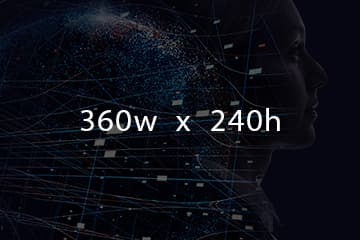What is a DPU?
A data-processing unit, or DPU, is a type of specialized processor that's designed to offload and accelerate the networking, storage, and security workloads that would traditionally be handled by the CPU in a server. The idea is to free up the CPU so that it can focus more on running applications and processing data specific to the user's tasks.
DPUs contain their own integrated CPU cores, memory and a high-speed network interface, and they are optimized for handling data movement and infrastructure processing tasks such as:
- Data-storage acceleration: DPUs can accelerate data-storage operations, including compression, encryption and data movement between storage devices and servers.
- Networking offload: DPUs handle network-related tasks such as packet processing, routing and load-balancing, which helps in improving network performance and reducing latency.
- Security functions: DPUs enhance security by offloading tasks like encryption, decryption and firewall filtering, thereby improving overall system performance.
- AI inference: DPUs are increasingly used for AI inference tasks, where they accelerate machine learning computations and processing tasks required for AI applications.
The role of DPUs has become increasingly important in modern data centers, where the efficiency and speed of data processing, network virtualization and security are critical. By using DPUs, organizations can improve the performance and security of their data center operations while reducing the load on their main CPUs, leading to a more efficient overall system.

